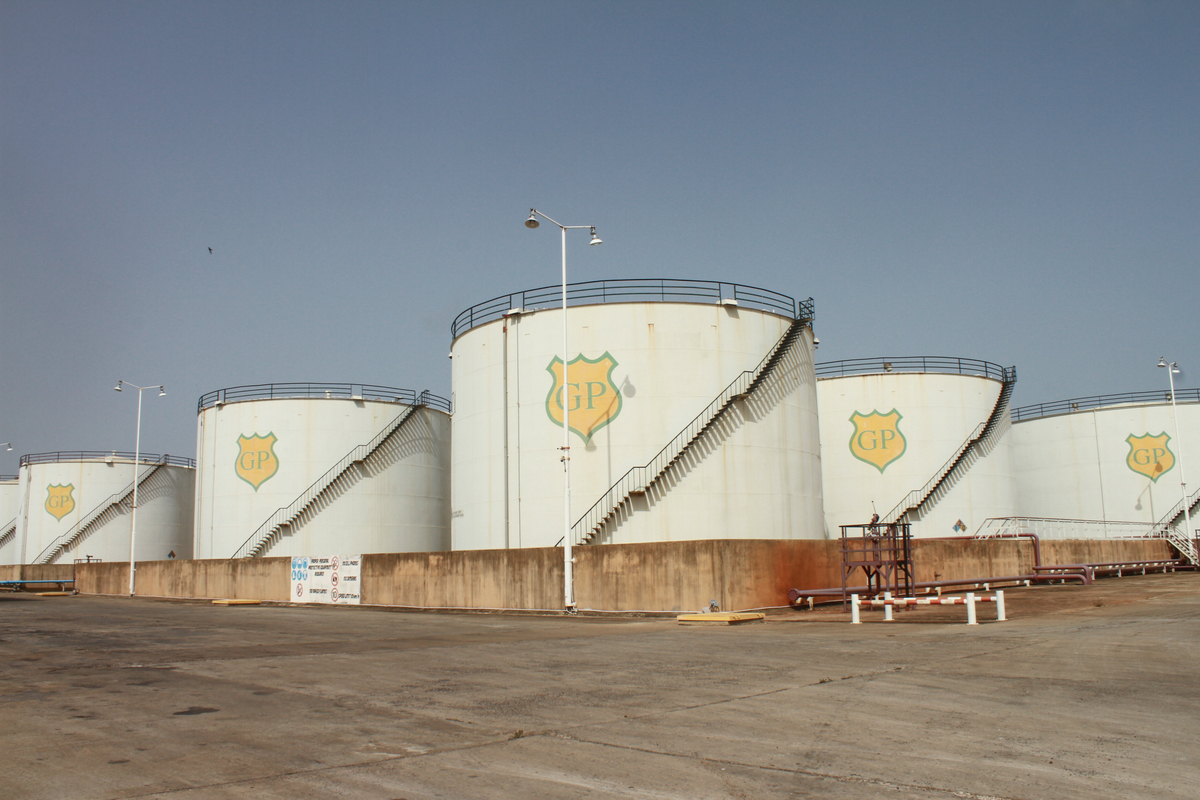Gambiaj.com – (BANJUL, The Gambia) – The Gambia’s National Assembly has refused a request by the State Intelligence Services (SIS) to participate as an observer in its ongoing investigation into how Russian oil – under international sanctions – ended up in the country and was sold off in a $30 million deal clouded by allegations of corruption and tax evasion.
The move to exclude the SIS from the inquiry, despite the sensitive security and economic implications, has intensified questions about the transparency of the investigation and whether key agencies are being sidelined to protect powerful interests.
Alhagie S Darboe, chairperson of the joint committee leading the inquiry, confirmed the SIS was not granted access. “The proceedings are, however, open to the public,” he said.
Yet, multiple sessions of the inquiry – particularly those involving testimonies from the Financial Intelligence Unit (FIU) and Access Bank-Gambia Ltd – have been held in camera, citing the sensitive nature of the information presented. Civil society and media advocates say this secrecy undermines the credibility of the probe.
“It is concerning that the National Assembly joint committee is allowing testimonies in camera,” said Madi Jobarteh, executive director of the Edward Francis Small Centre for Rights and Justice. “This practice is inimical to the transparency and accountability for which this inquiry was set up.”
Sanctioned Russian Oil Slips Through
At the center of the scandal is Russian national Yulia Sergeeva, who, through a UAE-registered company, Apogee FZC, illegally imported US$30 million worth of diesel to The Gambia last year. Despite being under U.S. sanctions for supporting Russia’s war economy, Sergeeva’s fuel was stored in state-owned Gam Petroleum tanks, bypassing local distributors and regulations.
Leaked documents and a confidential government report show that Apogee used local banks to move millions of dollars to the UAE without proper registration. Local Gambian companies, including Jah Oil, protested the preferential treatment given to Apogee, but their complaints were ignored.
The FIU flagged the operation in October 2023 and forwarded evidence to the police and the Gambia Revenue Authority, but no investigations or prosecutions followed. Police reports suggest that the probe was abruptly stopped on orders from high-level authorities – speculation points to the presidency or former Interior Minister Seyaka Sonko, who has denied involvement.
Evidence of Corruption
The financial trails uncovered by the FIU include allegations of monthly bribes of D600,000 paid to Gambian officials to facilitate the trade. Court documents also cite statements by Apogee’s local partners claiming they had “the money to buy any institutional or legal authority in The Gambia.”
Despite the severity of these allegations, the National Assembly’s inquiry has so far failed to secure open testimony from key regulators and banks. By denying SIS observer status and holding closed-door sessions, parliament’s probe has done little to reassure a public alarmed by the apparent impunity surrounding the scandal.
Observers say the parliament’s partial openness contrasts sharply with the need for an uncompromising investigation into how a U.S.-sanctioned Russian entity could launder money and evade taxes in The Gambia – all under the noses of financial institutions and state regulators.










